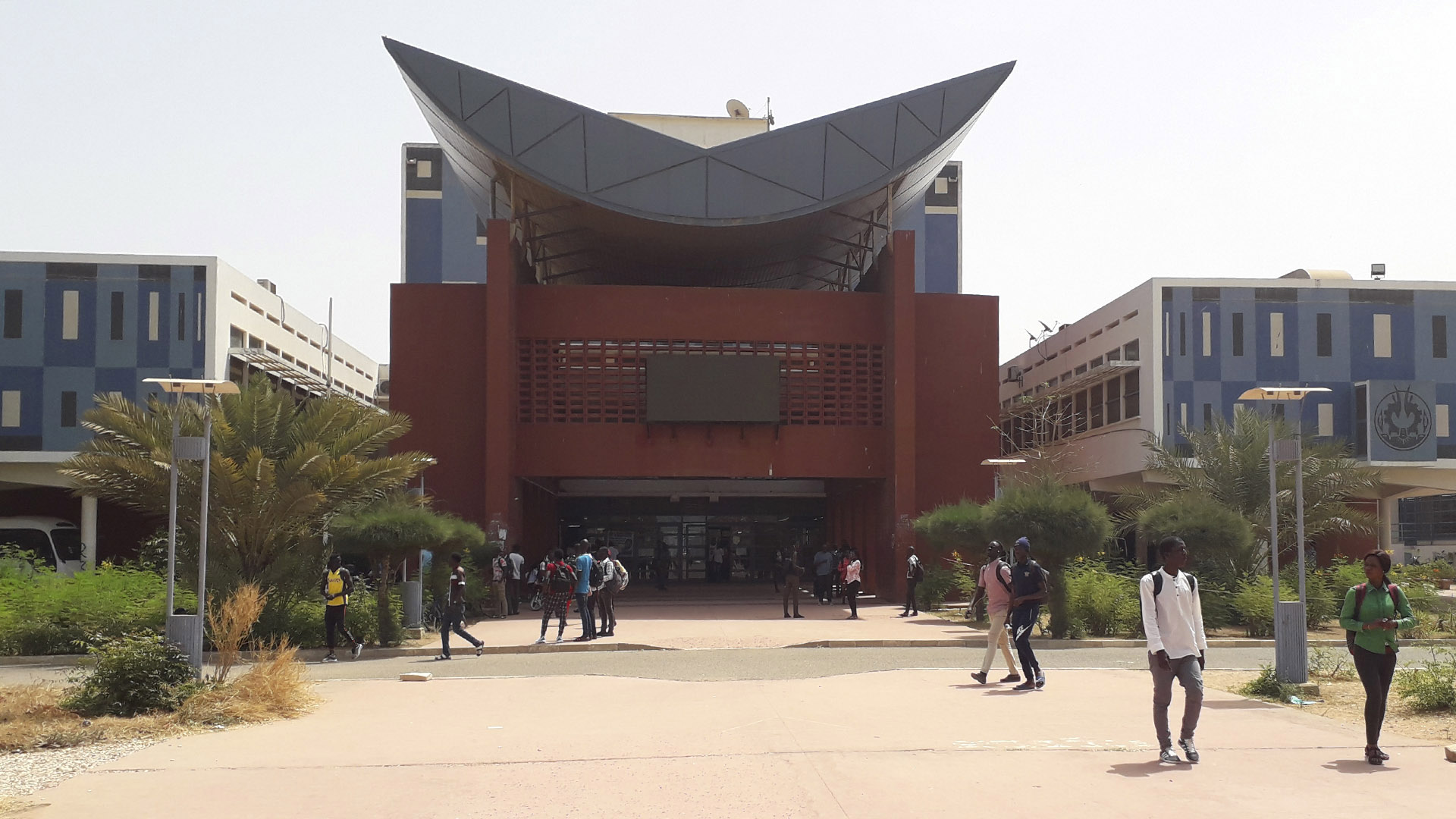
Chefs de mission / chiefs scientist
I tried to build on reviews done on policy and governance dynamics in Marine Spatial Planning (MSP) for Senegal and Cape Verde to explore possibilities for adapting same for Ghana. Additionally, I tried to investigate the potential for marine spatial planning at the regional seas level for West and Central Africa with a central role for Abidjan Convention’s Regional Coordination Unit (UNEP). The main objective in all of these reviews and investigation was to explore an initiative of having West and Central Africa’s port authorities play an active role in the region’s Marine Spatial Planning.
In Dakar, I worked with UCAD and had meetings and interviews with Senegal’s Parliamentary Network on the Environment (REPES), IUCN, Fisheries Commission (an intergovernmental body), and the Port Authority of Dakar.
In Ghana, I did limited face-to-face interviews and administrated questionnaire with a view to reviewing Ghana’s marine and coastal policies, regulations and institutional framework. In Abidjan, I met with the Executive Coordinator of Abidjan Convention’s Regional Coordinating Unit (UNEP) to discuss Marine Spatial Planning at the regional level. Apparently, there is no comprehensive maritime policy for West and Central Africa even though fragmented programmes and actions exist. A Marine Spatial Planning process has already been initiated for West and Central Africa. Port authorities, a major player in the maritime sector, are however not involved. Nonetheless, it was agreed that they were key stakeholders and therefore the regional association for the port authorities, Ports Management Association for West and Central Africa (PMAWCA), would be invited for the next workshop scheduled for July 2018 in Abidjan. The secondment was paused between May 15th to 22nd.
From my mission, MSP approaches (Task 3.3 of WP 3) in the South Atlantic (Senegal and Cape Verde, and Ghana) are found to follow a mix of domestic-regulatory politics and intergovernmental arrangements. Policy making remain at national level, with state actors dominating a weak intersectoral collaboration. Sectoral policies are mostly fragmented at both governmental and intergovernmental levels. Fisheries is the sector mostly seen to be having coordinating and collaborating arrangements across governmental and intergovernmental levels, with support from several international organisations. Ports authorities are a major actor, with implications for the marine space. They operate from subnational level as semi-autonomous economic actors, with a mix of public-private character. They are largely absent in MSP policy making at both governmental and intergovernmental levels. They also approach MSP as business-as-usual and give it less focus.
Nonetheless, the MSP process initiated by the Regional Coordinating Unit of the Abidjan Convention offers a platform for influencing governance reform in a shift from the existing statist arrangements towards an inclusive one, that includes port authorities, with potential for developing integrated and coherent policies. However, how such influence can be exerted and the desirable pathways to bring about a pragmatic governance design and policy innovation (Task 3.4 of WP 3) across subnational, governmental and intergovernmental levels needs to be studied and explored.
